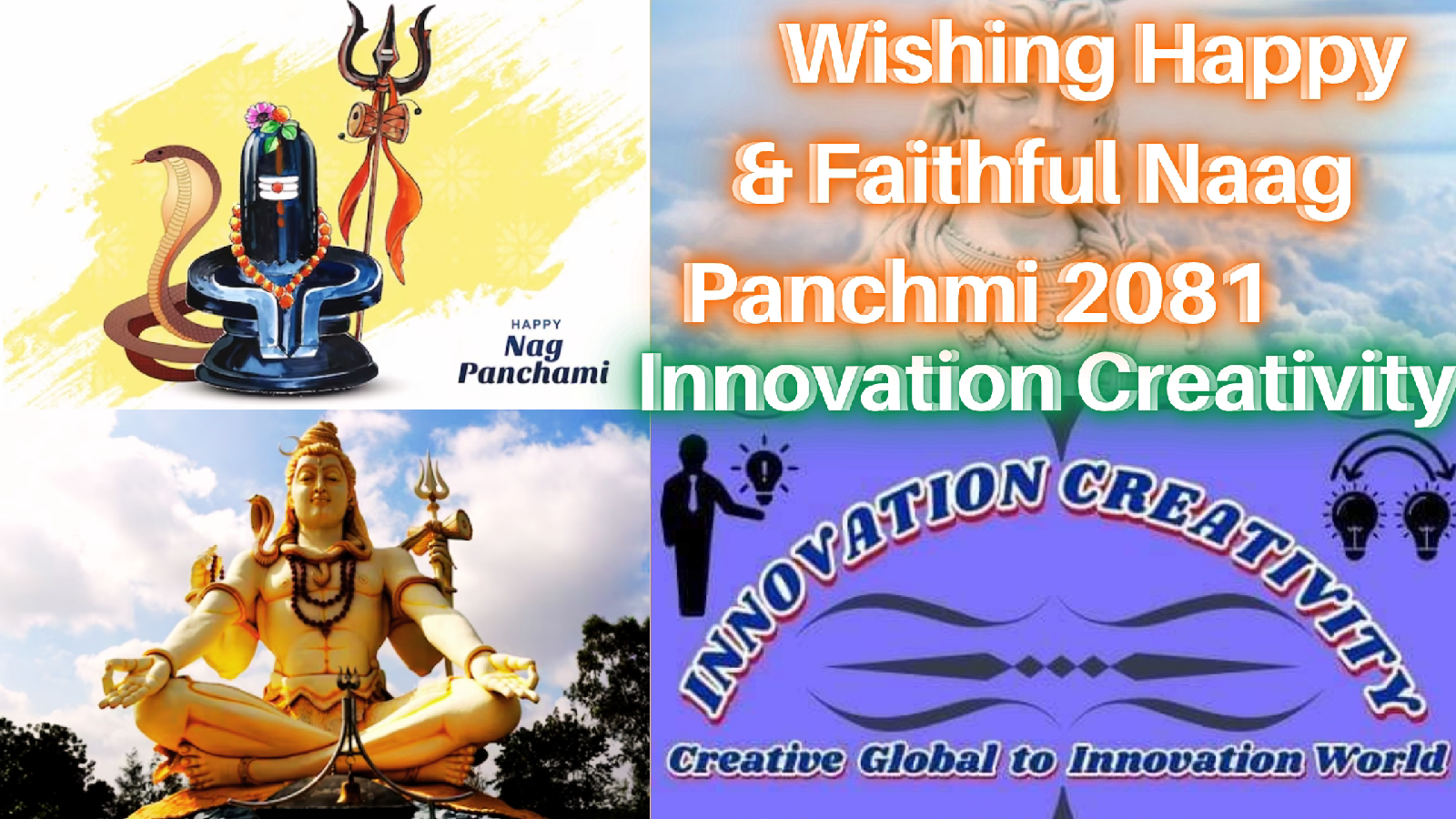Indian Armed Forces’ Divine Creativity of Operation Mahadev to Innovate Patriotic Humanity
In the annals of Indian Military History, few Operations exemplify the seamless blend of Spiritual Symbolism, strategic innovation, and unwavering Patriotism as Operation Mahadev. Launched on July 29, 2025, by the Indian Army, this meticulously planned and executed Mission targeted Terrorists linked to recent attacks threatening national peace. Rooted in the divine inspiration drawn from Lord Mahadev, the destroyer of evil, Operation Mahadev symbolizes the Indian Armed Forces' dedication to safeguarding sovereignty while upholding the highest ideals of humanity. This Operation not only demonstrated military Precision but also reflected the spiritual ethos that permeates India's defense Philosophy, emphasizing that Strength is rooted in both Material Capability and Moral resolve.
The Significance of Operation Mahadev
Operation Mahadev is more than a military strike; it is a manifestation of India’s divine cultural ethos and its commitment to peace and security. The name itself invokes Lord Shiva, revered as Mahadev, embodying destruction of evil and the preservation of righteousness. By choosing this name, the Indian Army signaled a divine endorsement of their mission—an act of moral courage and spiritual strength. The operation was meticulously planned, leveraging cutting-edge technology, intelligence, and strategic agility to neutralize threats swiftly and efficiently. It was a testament to the Indian Armed Forces’ adaptive innovation, utilizing both traditional valor and modern warfare tactics to ensure peace within the Nation’s Borders.
Divine Inspiration and Military Precision
The inspiration from Lord Mahadev underscores a unique aspect of Indian military culture—one that integrates spiritual strength into tactical execution. The divine symbolism imbues soldiers with a sense of righteousness, purpose, and resilience. During Operation Mahadev, this spiritual motivation was evident in the disciplined coordination among troops, their unwavering focus, and the collective resolve to eliminate evil. The operational strategy involved precise intelligence gathering, rapid deployment, and surgical strikes designed to minimize collateral damage while achieving maximum impact on terrorist infrastructure. This blend of divine inspiration and technological innovation created a formidable force that could adapt swiftly to emerging challenges, reaffirming India’s stance as a protector of Peace and Humanity.
Innovation in Military Strategy
What sets Operation Mahadev apart is the innovative approach adopted by the Indian Army. Recognizing the evolving nature of terror threats, the operation employed a multi-layered strategy combining cyber intelligence, drone surveillance, and stealth technology. These advanced tools allowed soldiers to infiltrate enemy lines undetected and strike with pinpoint accuracy. This emphasis on innovation reflected India’s commitment to staying ahead of global security challenges. Moreover, the operation integrated psychological warfare, aimed at countering terror narratives and fostering patriotic resilience among the Indian populace. The success of Operation Mahadev demonstrated that divine inspiration, combined with technological innovation, could forge a new paradigm in counter-terrorism efforts.
Reinforcing Patriotism and Humanity
Operation Mahadev was not merely a tactical success; it was a message of hope and resilience for the entire nation. By decisively neutralizing threats, the Indian Armed Forces reaffirmed their unwavering commitment to protecting citizens’ lives and upholding democratic values. The operation inspired a renewed sense of patriotism, emphasizing that true strength lies in unity, moral integrity, and a collective will to promote peace. It also highlighted the importance of humanitarian considerations—ensuring that military actions are guided by principles that respect human rights and dignity. In this way, Operation Mahadev embodied a unique synthesis of patriotic duty and global humanity, reinforcing India’s image as a nation committed to safeguarding its people while aspiring for global peace.

### The Spiritual-Military Nexus
The divine symbolism of Operation Mahadev points to a broader understanding of India’s unique defense philosophy, which seamlessly integrates spirituality with military strategy. This nexus fosters a sense of moral righteousness among soldiers, motivating them to act with integrity and compassion even in the face of adversity. The operation’s name and symbolism serve as a reminder that India’s military strength is rooted in cultural values that emphasize righteousness, sacrifice, and spiritual resilience. Such an approach not only boosts morale but also sets a global example of how spiritual strength can enhance military effectiveness, promoting a more humane and patriotic form of warfare that seeks peace over conflict wherever possible.
### Conclusion: A New Dawn of Patriotic Humanity
Operation Mahadev exemplifies the divine creativity and innovative spirit of India’s armed forces—a testament to their dedication to protecting the nation and promoting global humanity. It underscores that true patriotism is rooted in moral courage, spiritual strength, and technological innovation working in harmony. As India continues to face complex security challenges, the operation stands as a beacon of hope, demonstrating that divine inspiration combined with strategic ingenuity can forge a safer, more peaceful world. In honoring Lord Mahadev’s divine role as the destroyer of evil, the Indian Army has reaffirmed its unwavering commitment to peace, sovereignty, and the collective humanity that binds us all.


---
1. Operation Mahadev symbolizes the divine strength of India’s armed forces, blending spiritual symbolism with cutting-edge military tactics.
2. Named after Lord Mahadev, the operation embodies the destruction of evil through moral courage and strategic innovation.
3. This decisive action reflects India’s unwavering commitment to peace, sovereignty, and the safety of humanity.
4. The operation’s success demonstrates how spiritual inspiration can elevate military precision and resilience.
5. By integrating technological advances with divine symbolism, India has pioneered a new paradigm in counter-terrorism.
6. Operation Mahadev reaffirms that true patriotism involves protecting citizens with both moral conviction and innovative strength.
=================****************************************================================*****************************************===============
🙏💐🇮🇳👮♀👮♂👩👩👧👦🛡🏥🙏💐👮♂👮♀☀🏛
Operation Mahadev exemplifies India’s unique approach to national security, where divine symbolism inspires strategic excellence. By combining spiritual strength with technological innovation, the Indian Army successfully neutralized threats while reinforcing Peace and Patriotism. This operation highlights that true power lies in moral resilience, Technological ingenuity, and a commitment to humanity’s Safety.


